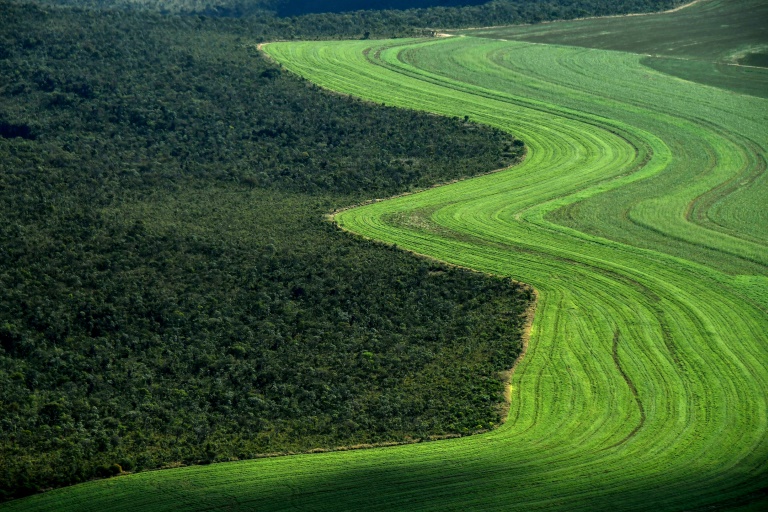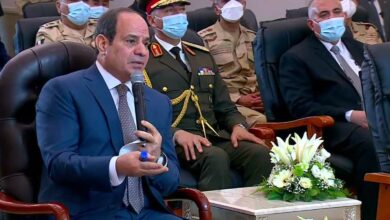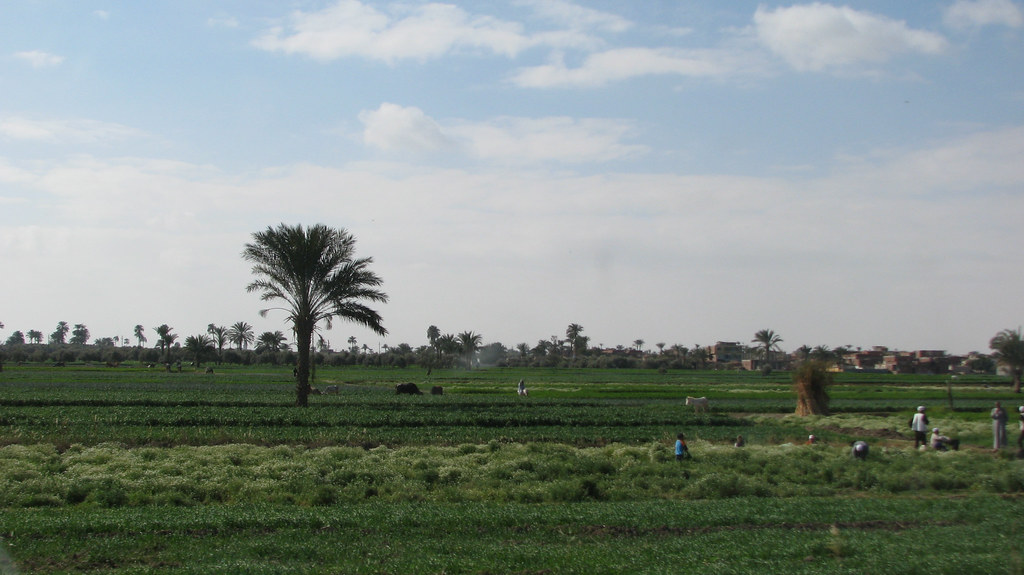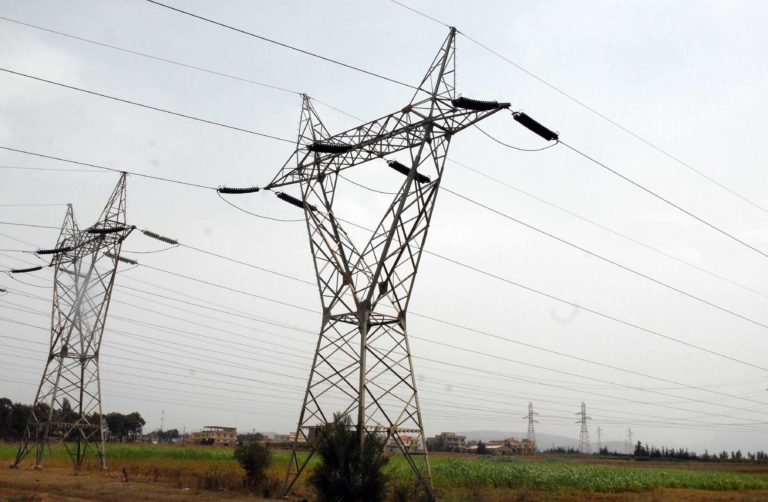Saudi billionaire Prince, Al-Waleed Bin Talal, said Tuesday his agricultural project in Toshka, south of Egypt, was used as a scapegoat for the Egyptian revolution in January 2011.
Under former President Hosni Mubarak, bin Talal obtained 100,000 feddans in Toskha at preferential rates. The land was part of the Toshka desert project to pump water from the Aswan High Dam reservoir and deliver it via a 50 km (30 mile) canal to reclaimed agricultural land located 60 km from the Sudanese border.
Al-Waleed bought the land in 1998 after the project started, but investigations by the government declared the purchase illegal. The contract of purchase granted the company outright ownership of the land once payments had been completed, in violation of rules stipulating that the land should be completely reclaimed and planted within five years.
The contract was annulled by Egypt's judiciary in 2011 following Mubarak’s removal in a popular uprising.
In June 2011, the government of former premier Essam Sharaf signed a new contract with Talal's Kingdom Agricultural Development Company (KADCO). In the deal, 25,000 feddans of lands were allocated to bin Talal. Ten thousand feddans are owned by the prince, who will use the remaining 15,000 based on a three-year usufruct system.
In a TV interview aired by televison satellite channels late Tuesday, the prince said he gave up the lands to “preserve Egyptian-Saudi eternal relations.”
He said the project had been made a scapegoat by the revolution, adding he had told Egypt’s former military ruler, Hussein Tantawi, that his projects were legal, that he was sure he would win if he sought international arbitration.
Bin Talat noted that his tourism, media, and real estate investments in Egypt have broadly been unaffected by the revolution.
The prince declined to give comments on the political performance of President Mohamed Morsy and the Muslim Brotherhood, saying he only wishes the Egyptians “luck.”
He, however, said the Muslim Brotherhood has a presence at Saudi Arabia. “There is a scent of the Brotherhood in the kingdom, but it is easy to put out by denying them the chance to rise.”
Edited translation from Al-Masry Al-Youm




